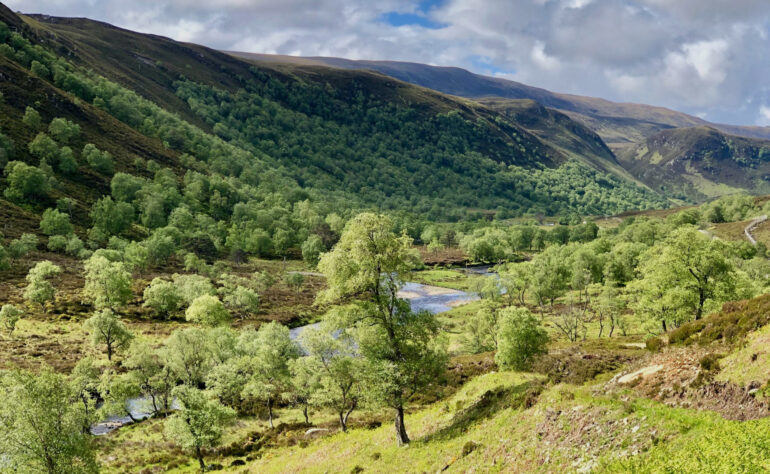New research by Natural England published in the journal Ibis has confirmed that sustainably managing Britain’s uplands would benefit nature, climate and people if grouse shooting were to end.
The study found that restoring the uplands to host a mosaic of healthy habitats, such as peatlands and native woodland, is not only environmentally and economically-sustainable, but would deliver net gains in bird species richness.
It also found that intensive practices used by grouse moors to drive up game bird numbers are in some cases hampering sustainability objectives. This includes the burning of carbon-rich peatlands to provide younger heather for grouse to eat and the illegal persecution of birds of prey.
Luke Steele, Executive Director of Wild Moors, said:
“The world is fast moving in a direction where restoring land for nature, carbon and people is at the forefront of tackling climate change and biodiversity loss.
“With an area of Britain’s uplands more than twice the size of Greater London intensively managed for grouse shooting, it is clear that there are huge benefits to be obtained from land use change. We hope this important research will be taken into consideration by policy makers.”
According to the research, the economic and societal gains to be made by landowners managing land for natural capital has potential to dwarf any perceived value grouse shooting may bring.
Examples of this include the growing portfolio of companies, communities and individuals buying up and changing the way land is managed to provide carbon storage, biodiversity and clean water.
The Natural England research also takes aim at the myth that ending grouse shooting may mean converting moorlands to sheep ranching and commercial forestry as being outdated and out of touch.
“Recent events and an increased understanding of carbon storage demonstrate that the view that the uplands are only of value to those with an interest in sheep, forestry or grouse is past its time”, the study concludes.
Ends
Notes for editors
Link to the Natural England research: https://onlinelibrary.wiley.com/doi/full/10.1111/ibi.13041
Crowle, A.J.W., Glaves, D.J., Oakley, N., Drewitt, A.L. and Denmark-Melvin, M.E. (2022), Alternative future land use options in the British uplands. Ibis. https://doi.org/10.1111/ibi.13041
Wild Moors campaigns to unlock an area of uplands the size of Greater London from grouse shooting for nature restoration by 2030. By working with communities, companies and governments to solve challenges facing the upland environment Wild Moors acts as a catalyst for creating effective and lasting change.
